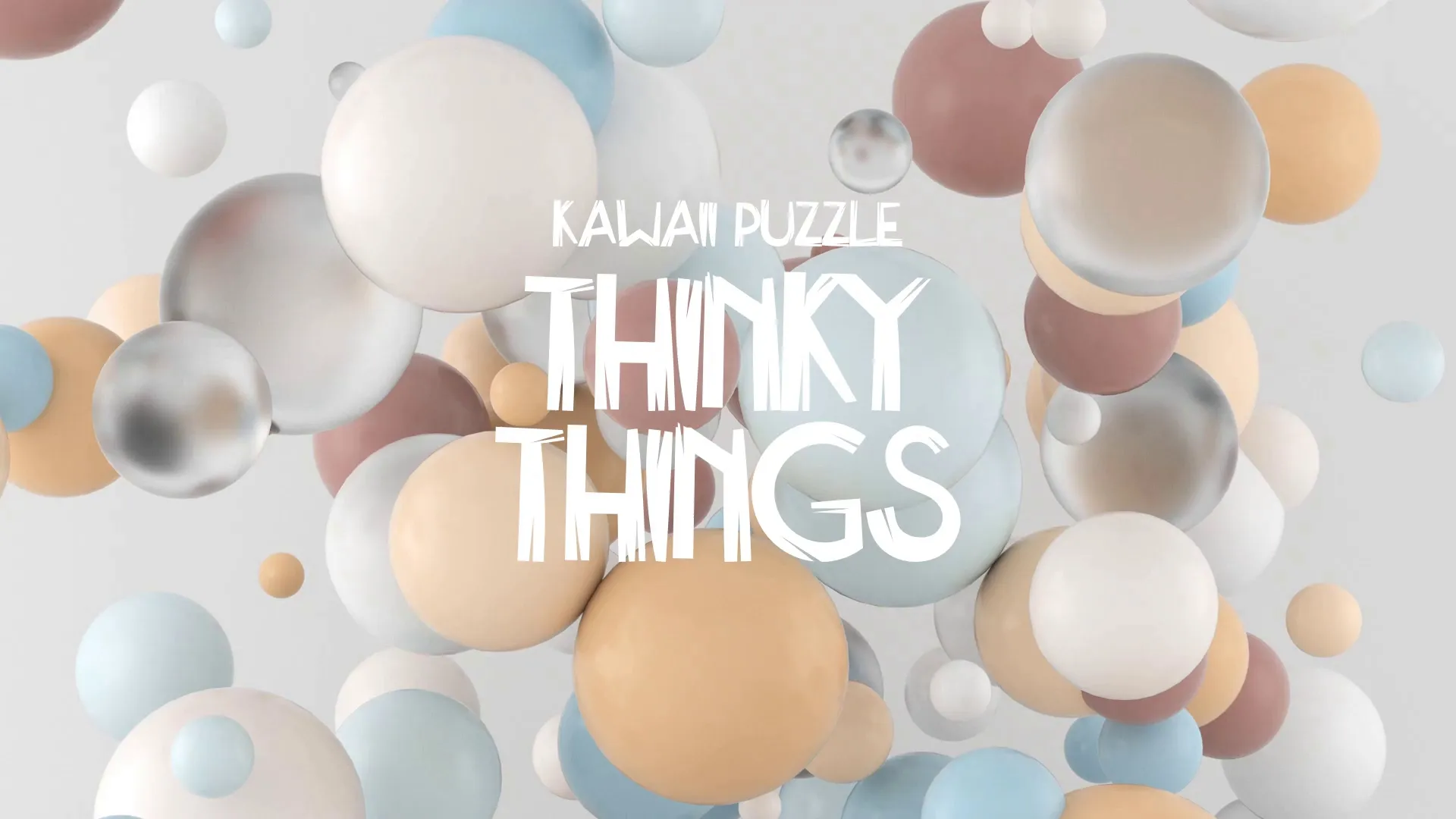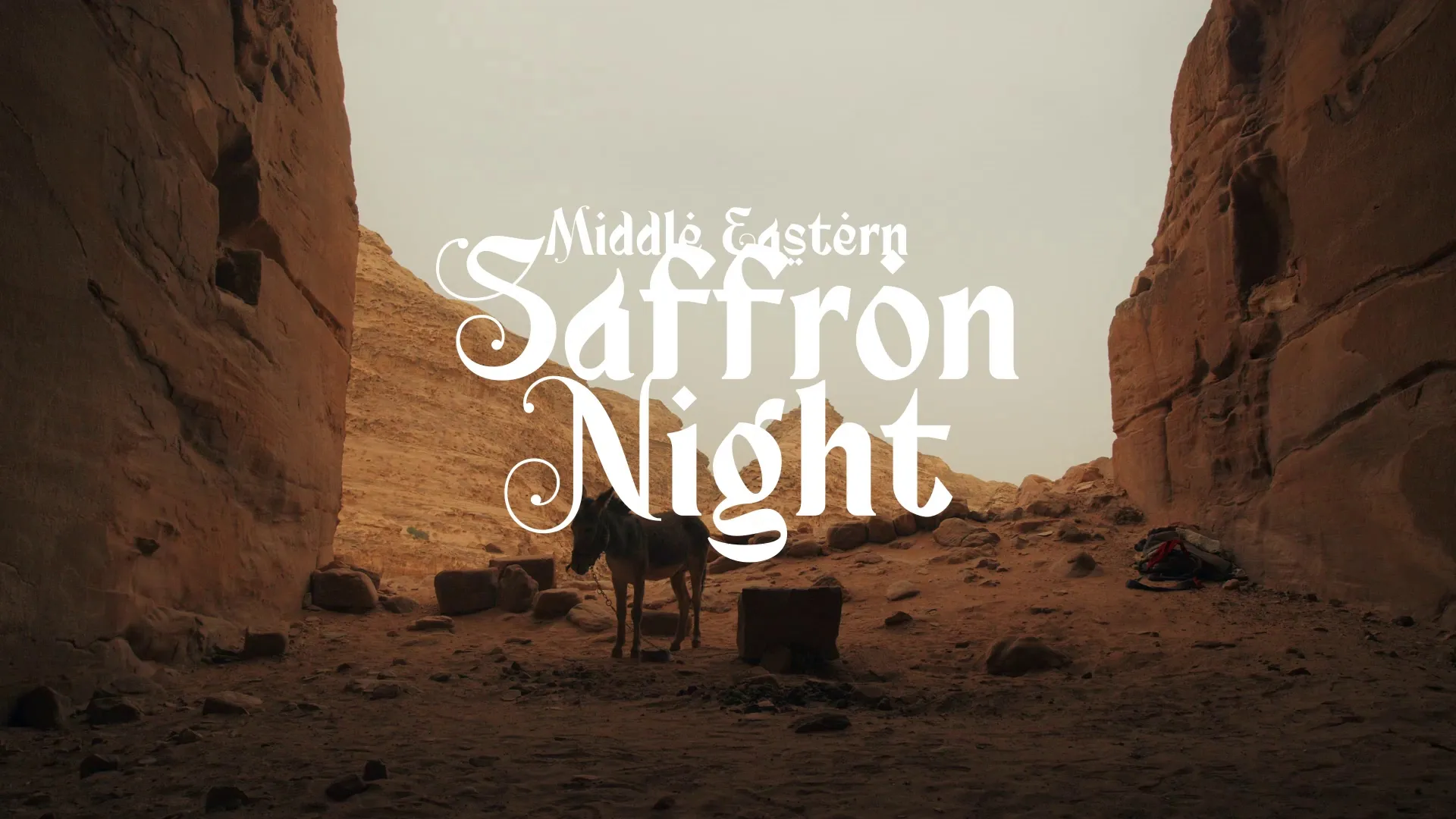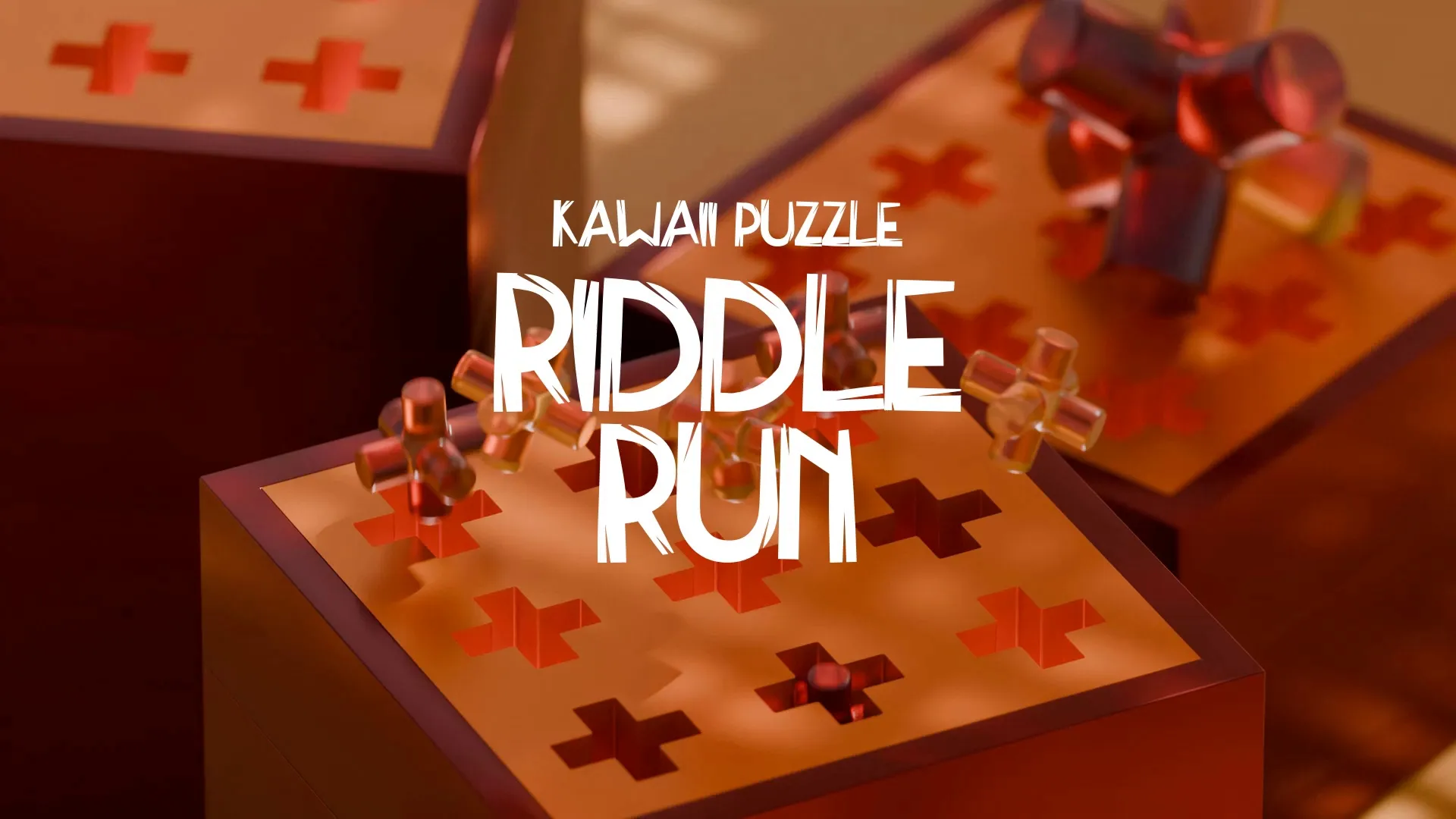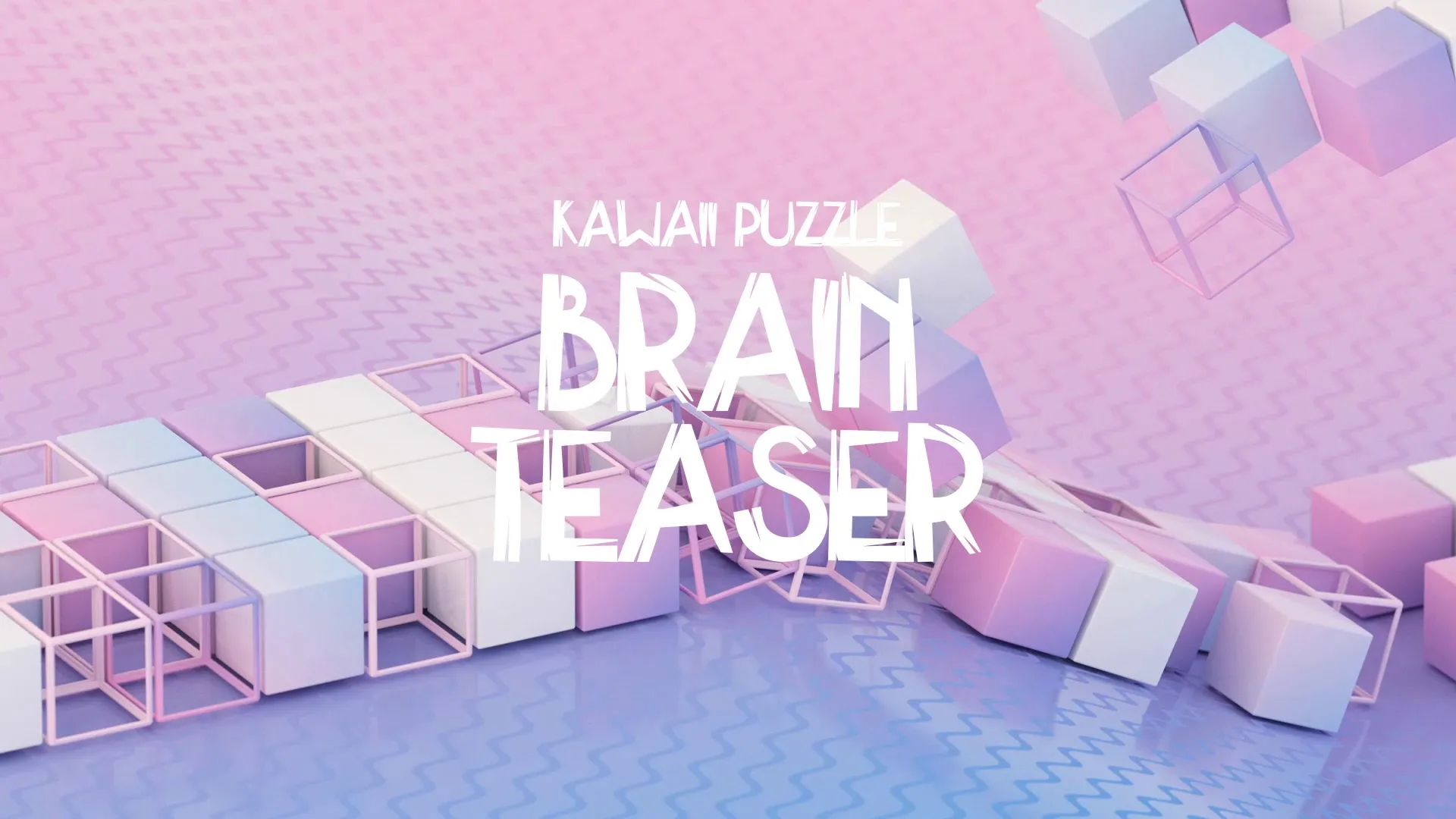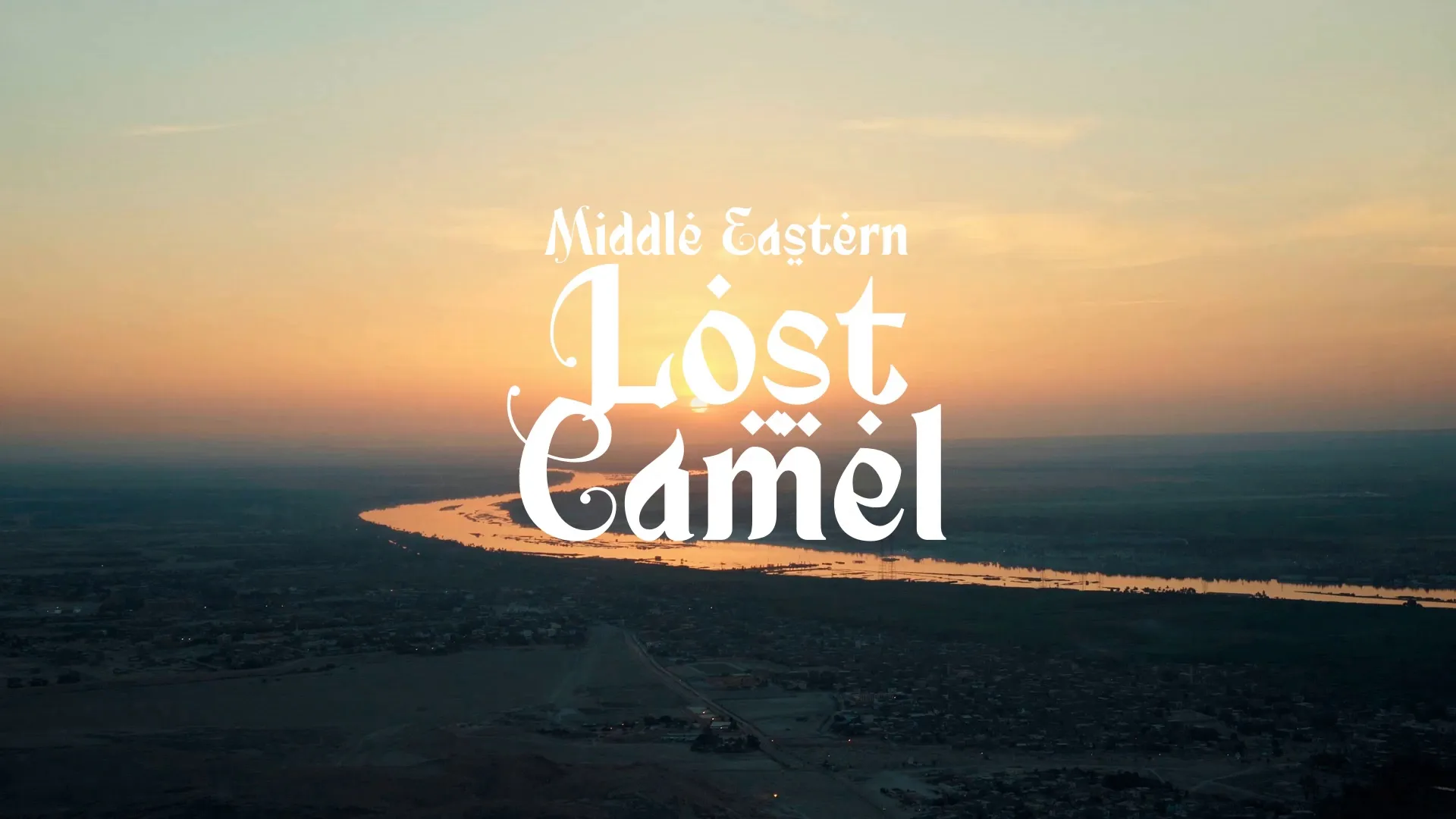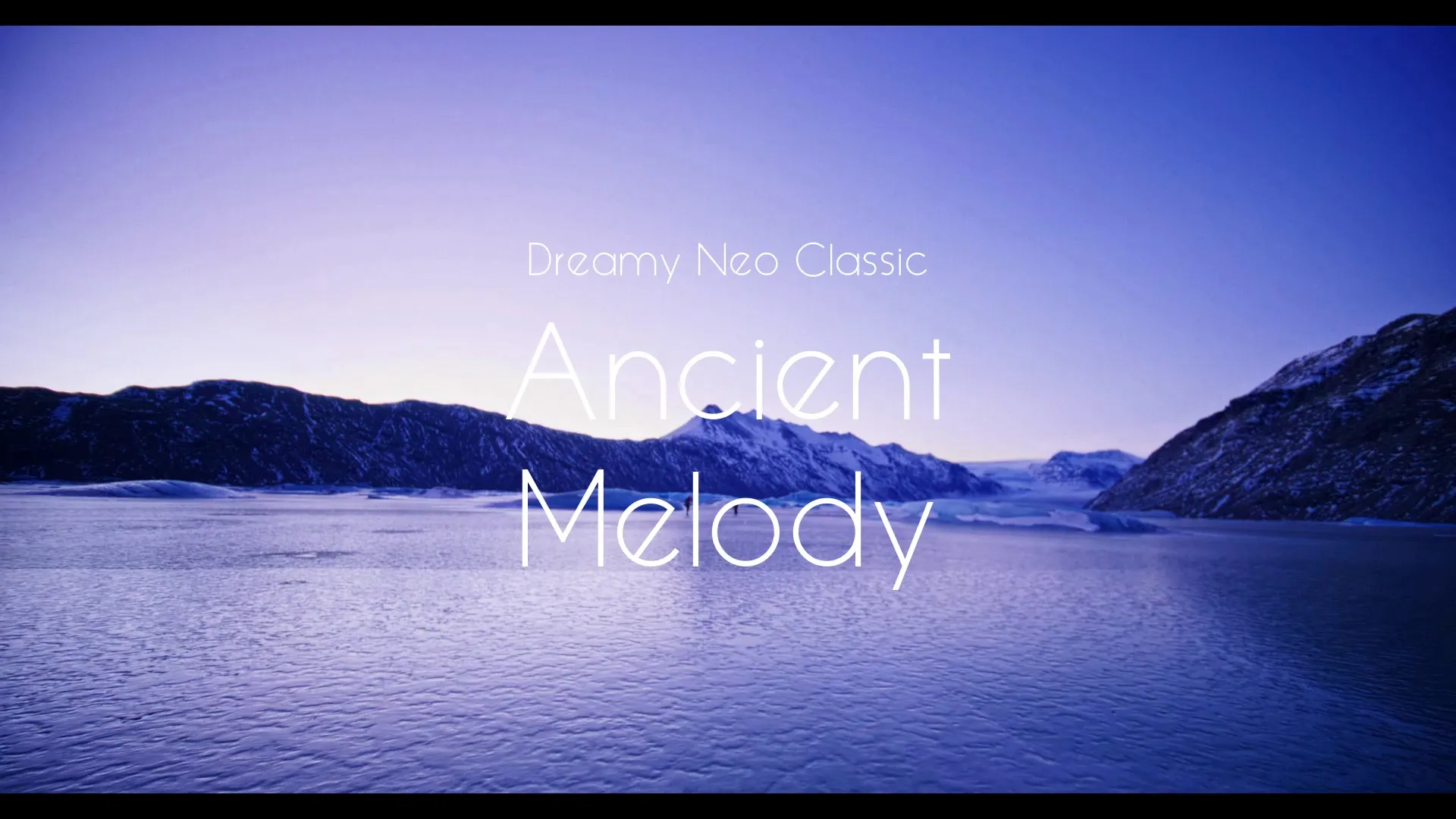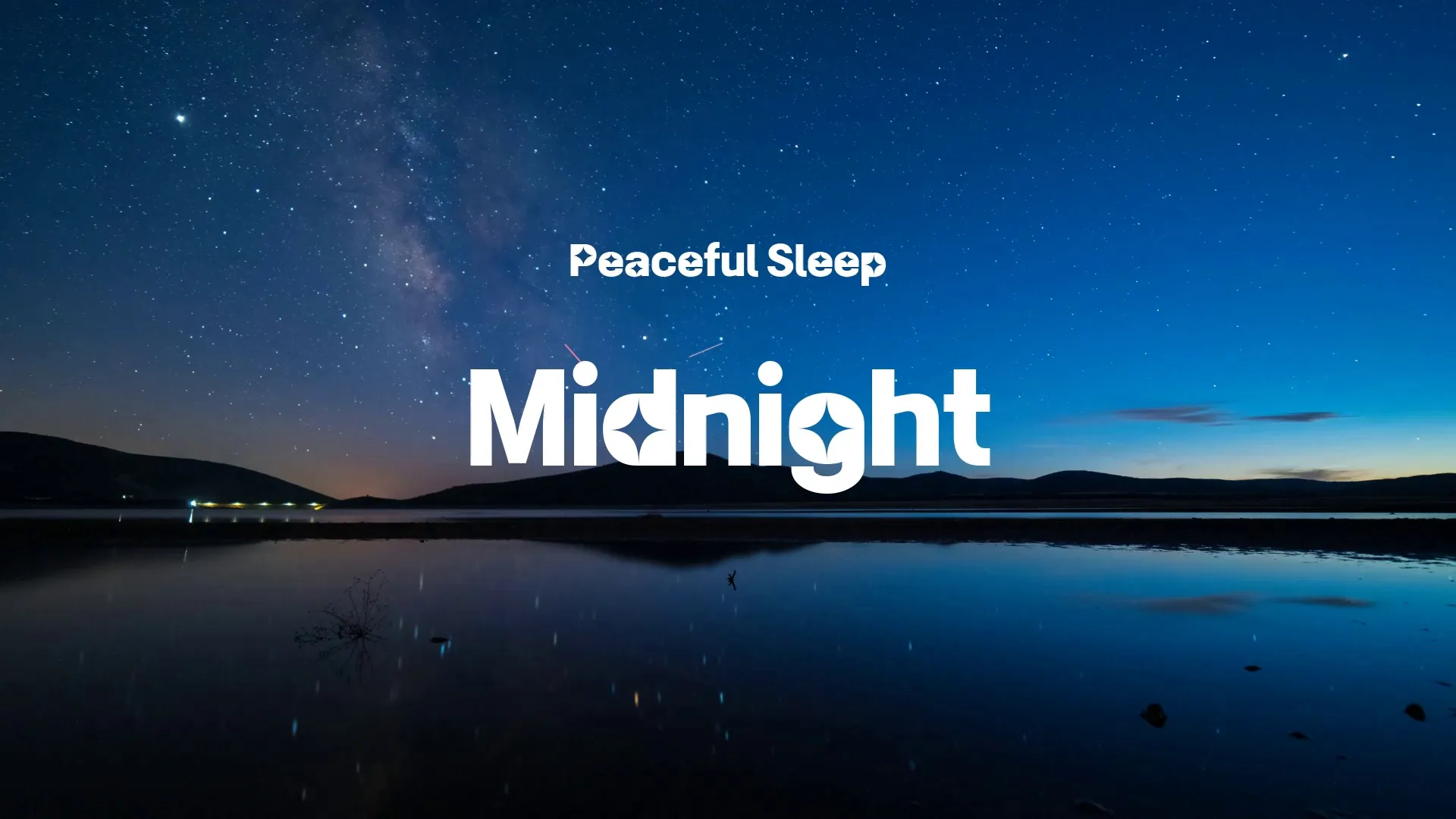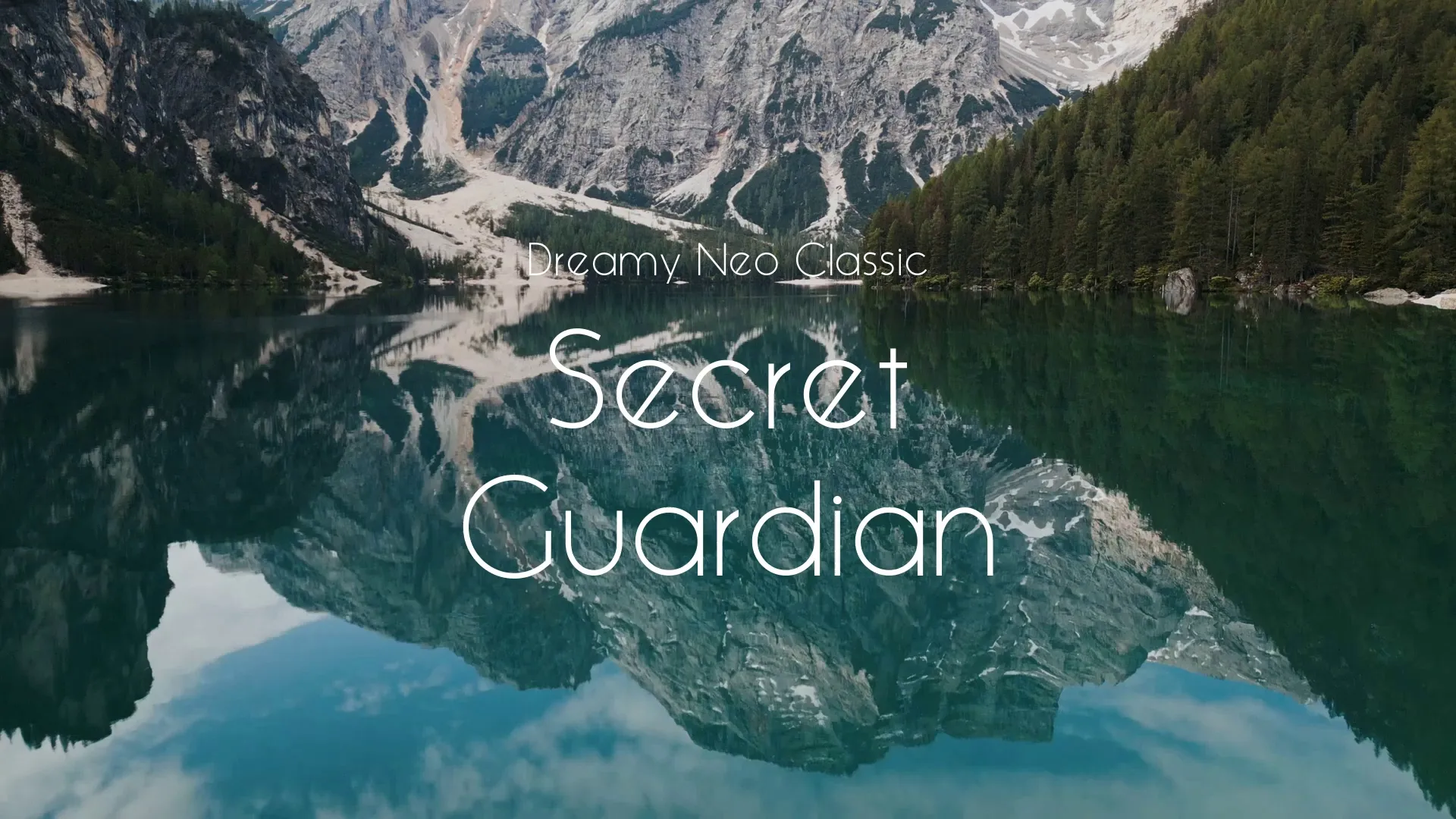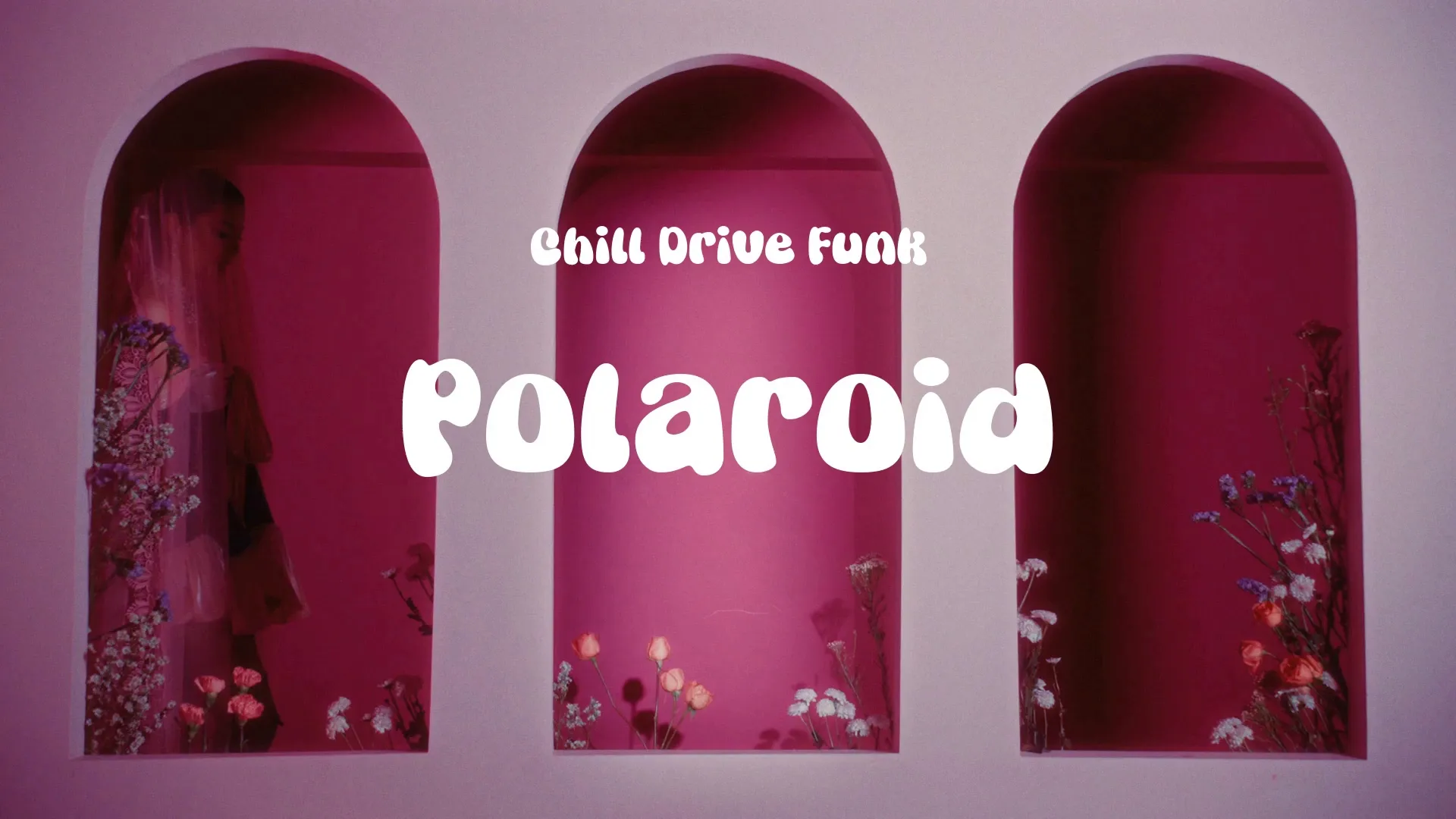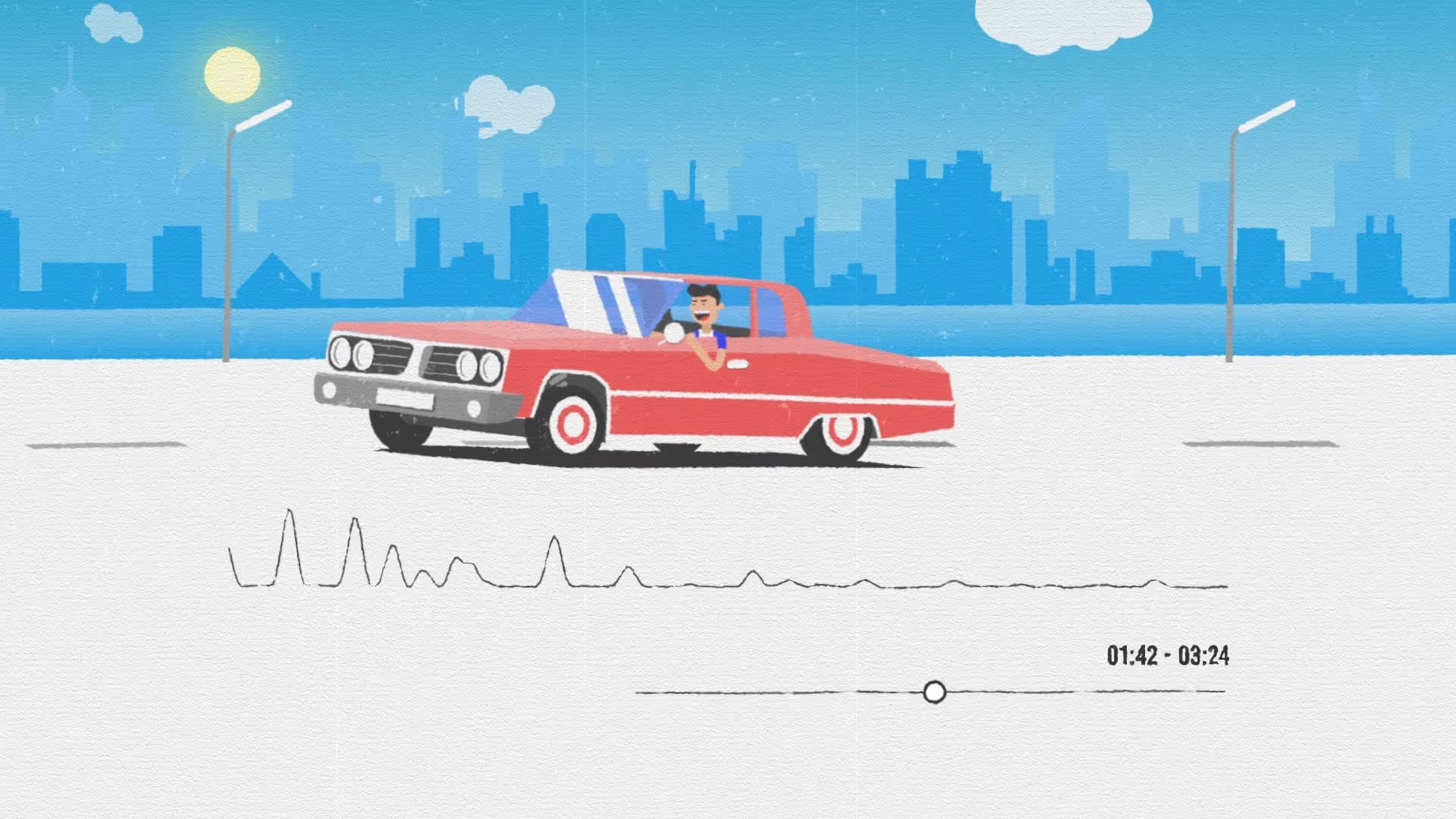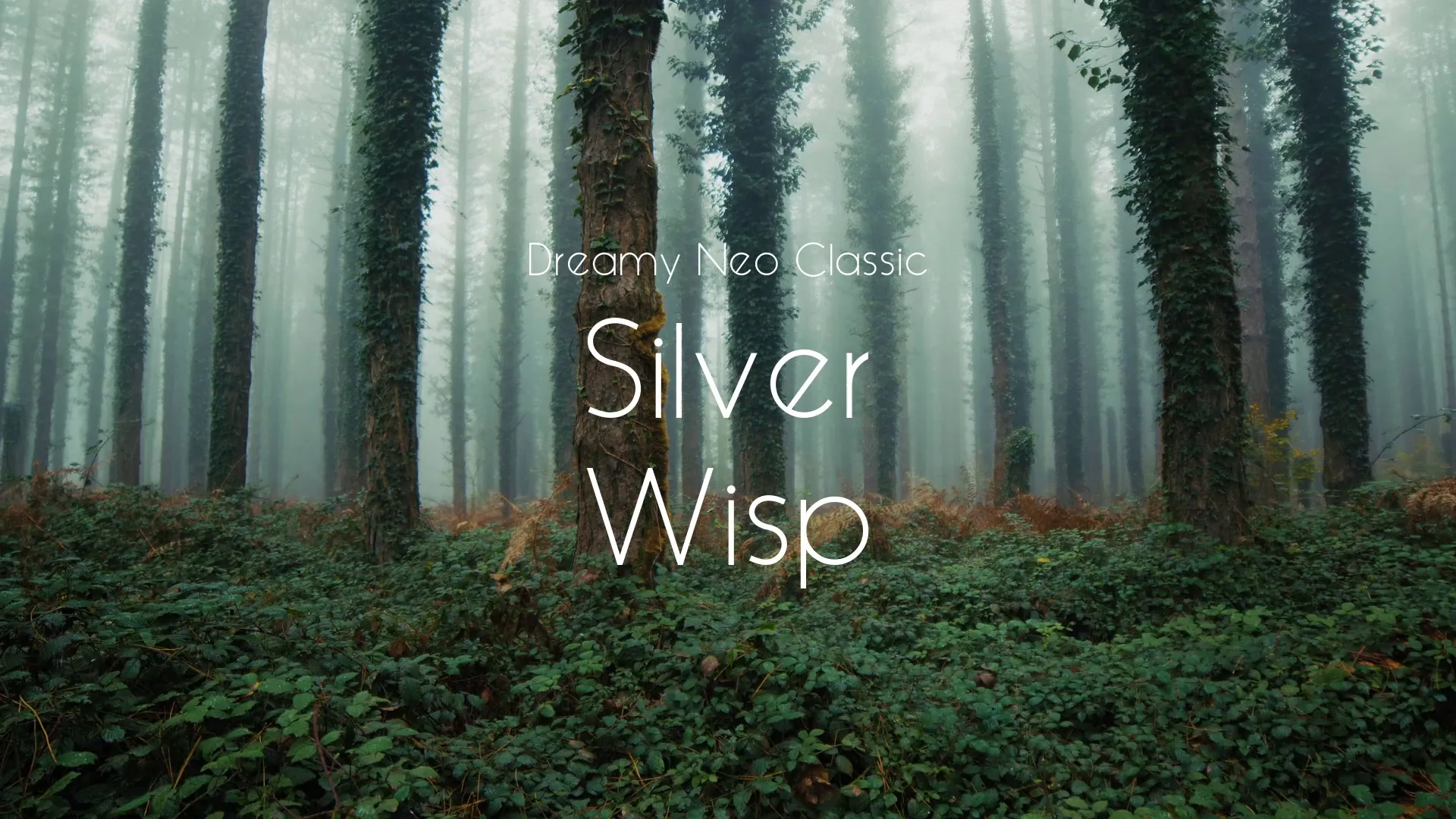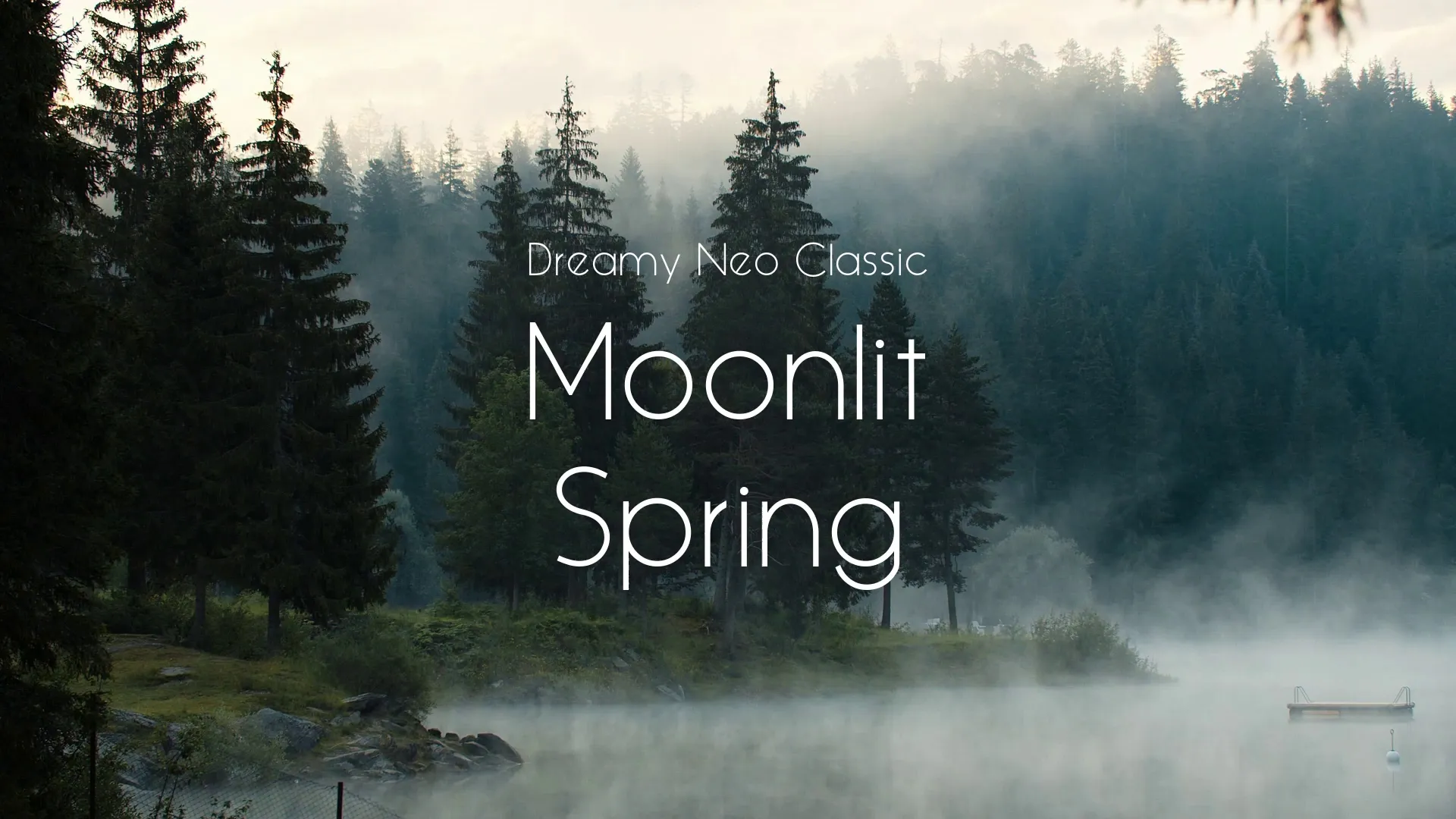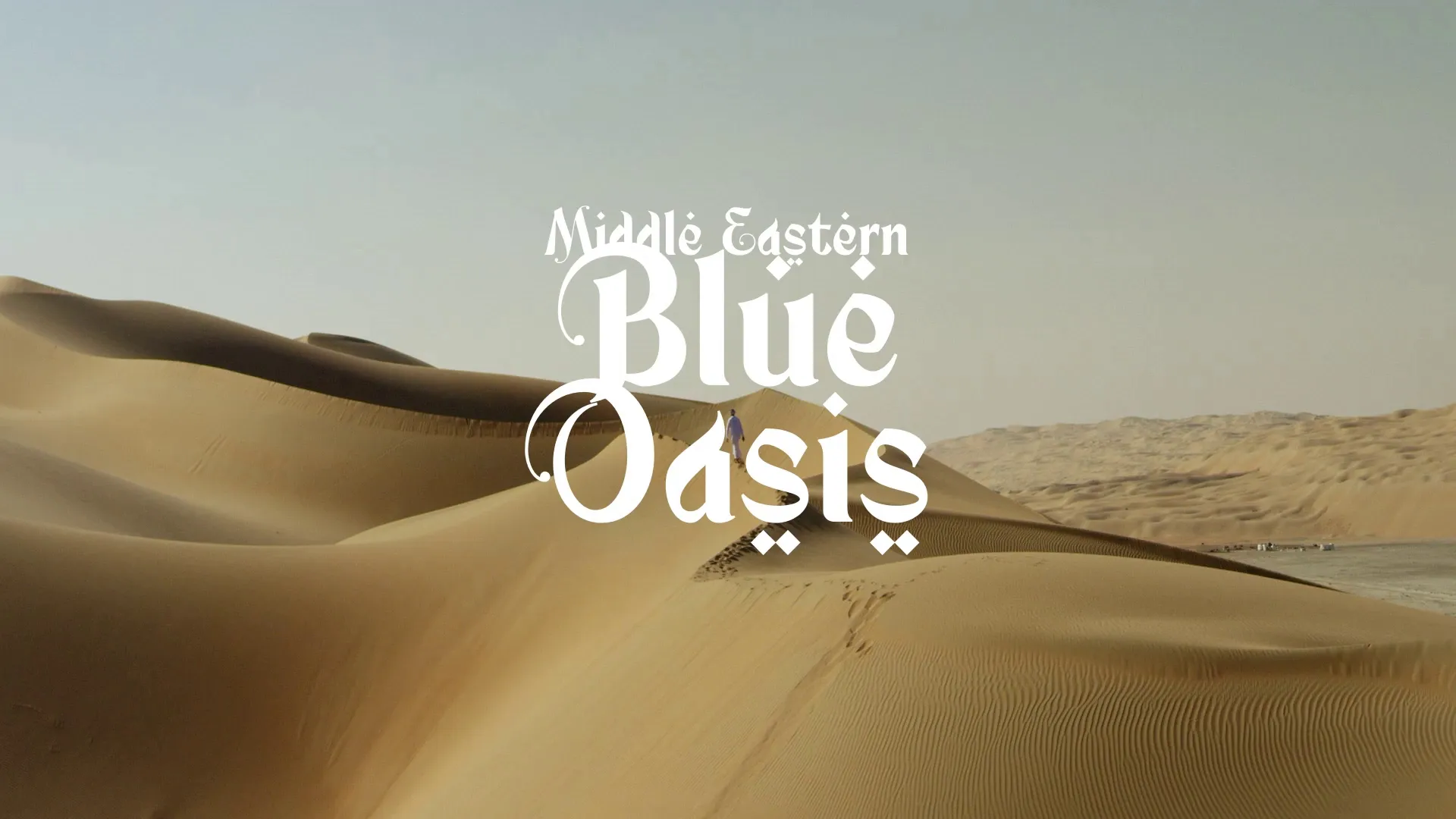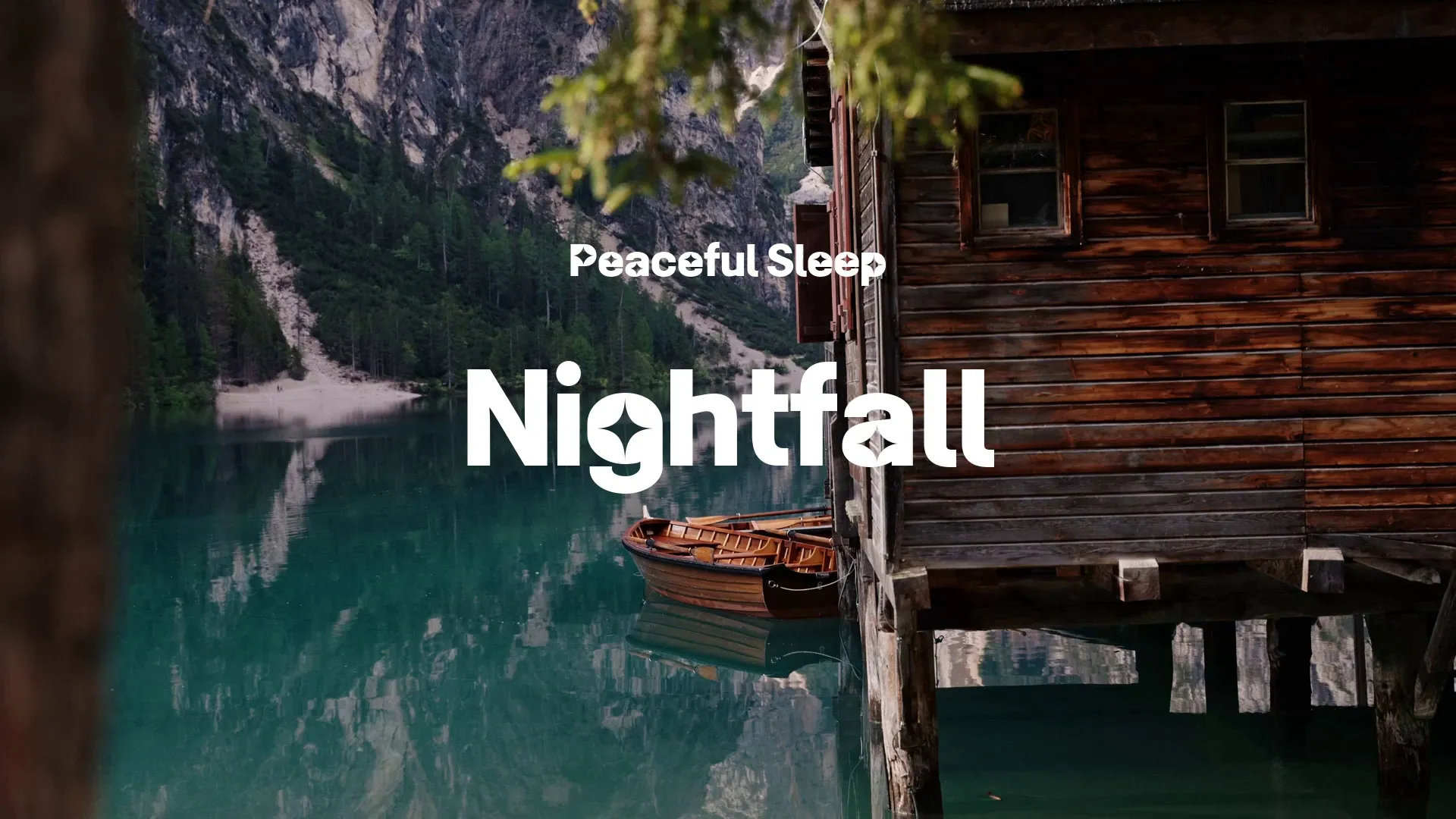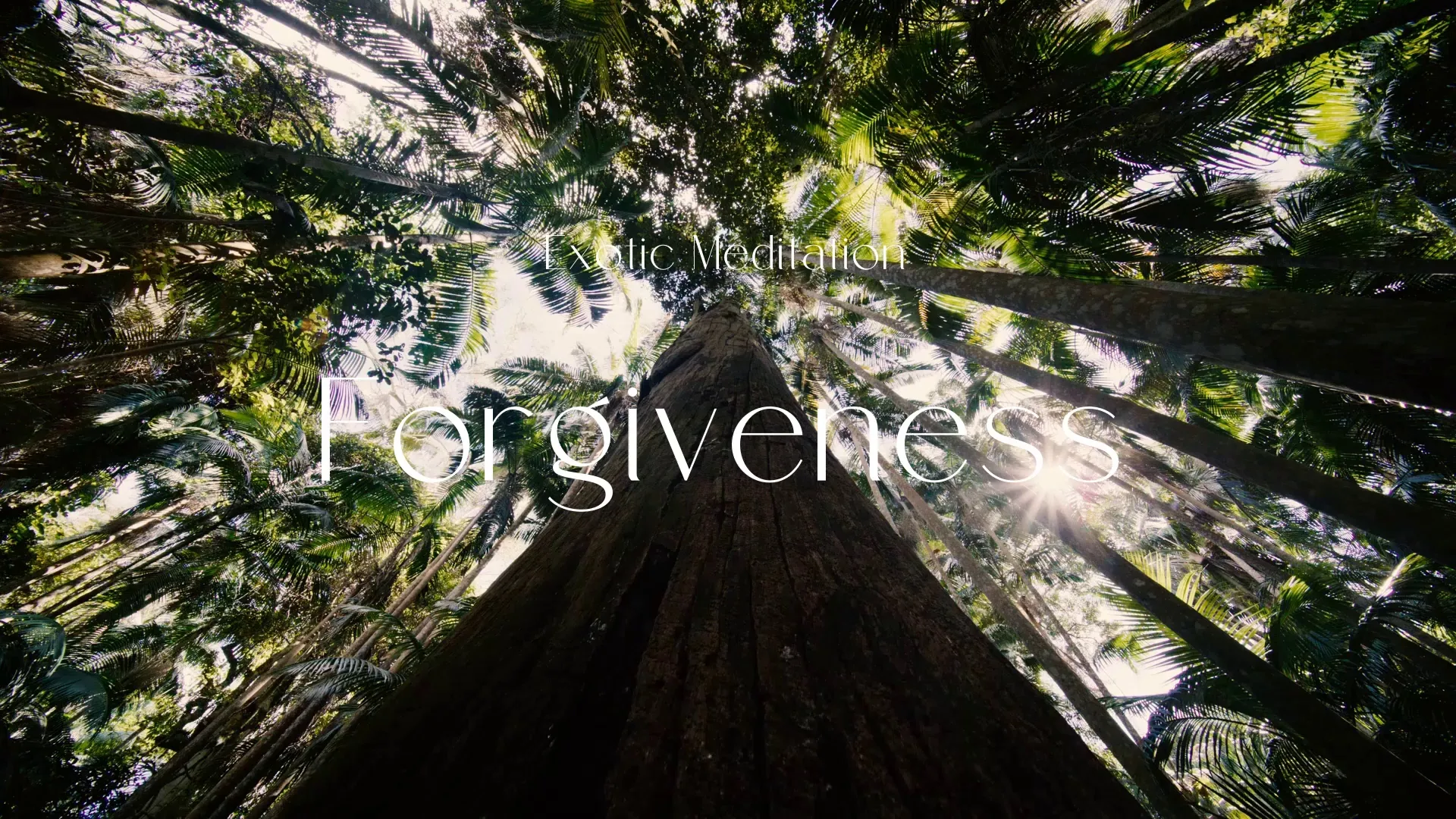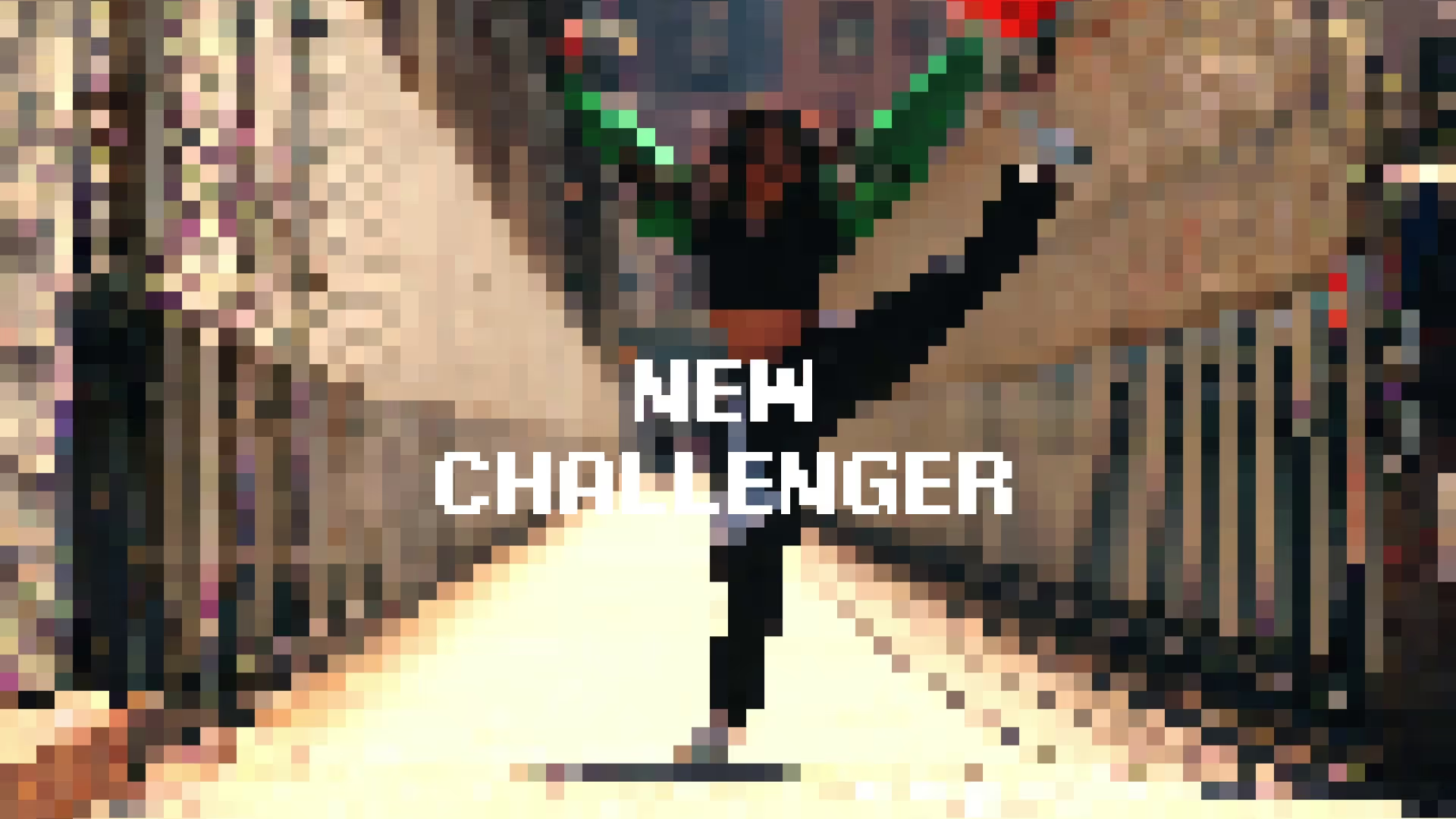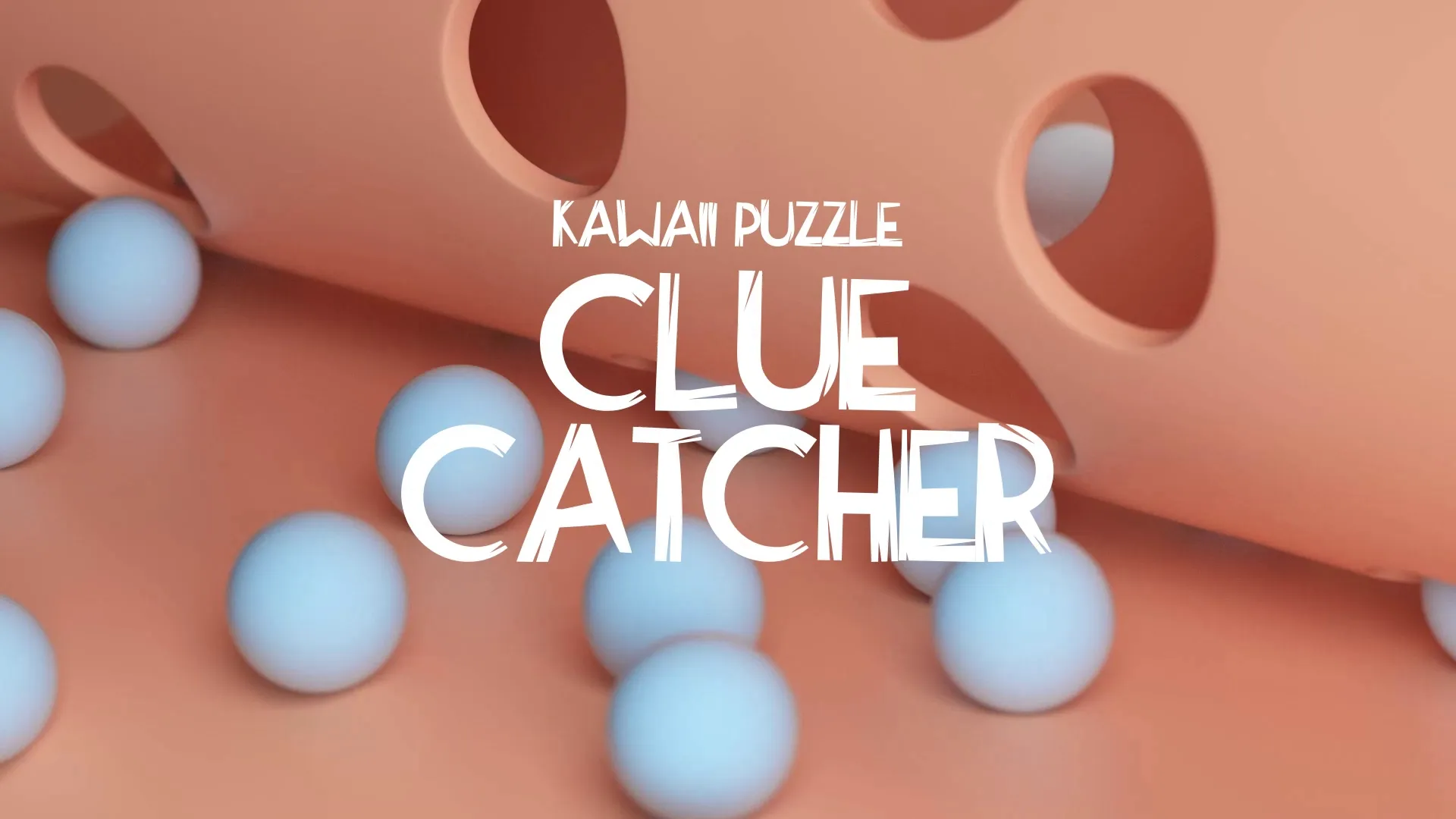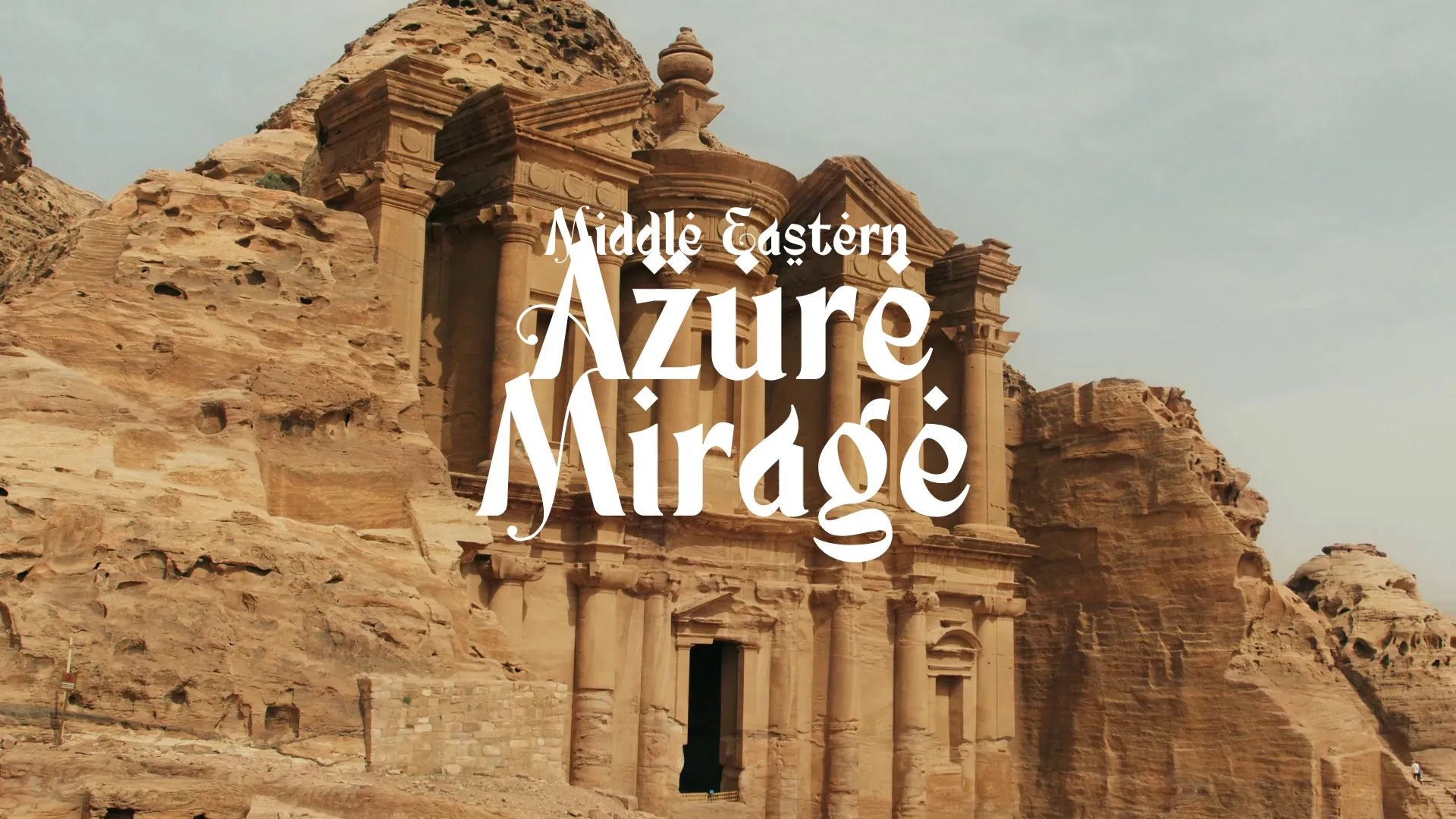Game Dev Intellectual Property: Legal Use of Game Assets & Trademark Protection Guide
Game Dev Intellectual Property: Legal Use of Game Assets & Trademark Protection Guide
Protecting your game’s intellectual property (IP) is non-negotiable for indie developers. Ignoring legal safeguards can lead to costly disputes and the loss of your creative work. Understanding IP from the outset is crucial for long-term success.
Understanding Core Intellectual Property Rights
Game development involves several types of intellectual property. Each offers distinct protections for different aspects of your creation. Knowing the differences is the first step in effective legal defense.
Copyright: Protecting Your Creative Expressions
Copyright automatically protects original literary, dramatic, musical, and artistic works. This includes your game’s code, art, music, narrative, and character designs. Registration is not strictly necessary for copyright to exist, but it provides stronger legal recourse in infringement cases.
Trademark: Securing Your Brand Identity
Trademarks protect names, logos, slogans, and other identifiers that distinguish your game or studio from competitors. A strong trademark prevents others from using confusingly similar marks, safeguarding your brand reputation and market presence. Early registration of your game’s title and logo is a strategic move.
Patents: Protecting Unique Game Mechanics
Patents protect novel, non-obvious, and useful inventions. While less common in games, a patent could cover a truly innovative game mechanic or technology. The process is lengthy and expensive, making it more suitable for groundbreaking advancements.
Legal Use of Game Assets: Avoiding Infringement
Using assets in your game requires careful attention to their legal origins. Improper asset use is a common pitfall for many developers, leading to significant legal trouble. Always verify your rights to use any asset, whether created in-house or acquired externally.
Licensing Third-Party Assets
When using assets from marketplaces like Wayline’s Strafekit, understand the specific license terms. Most provide royalty-free commercial use, but some may have restrictions on modification or distribution. Always read the End User License Agreement (EULA) thoroughly.
Public Domain and Creative Commons
Assets in the public domain are free to use without restriction. Creative Commons licenses offer varying degrees of freedom, from attribution-only to non-commercial use. Double-check the exact CC license before incorporating such assets.
Original Content and Proof of Ownership
Develop as many assets as possible in-house to maintain full control and clear ownership. For externally commissioned work, ensure your contracts explicitly state that you own the IP for the deliverables. Maintaining thorough documentation of asset creation and acquisition dates is a best practice.
Essential Legal Agreements for Game Developers
Formal agreements are the backbone of protecting your game and your business. These documents clarify roles, responsibilities, and IP ownership among team members and collaborators. Neglecting proper contracts can dissolve partnerships and jeopardize your project.
Developer Agreements and Work-for-Hire Contracts
For team members or contractors, use clear work-for-hire agreements. These contracts explicitly assign all IP rights to your studio. Without them, individual creators might retain rights to their contributions, complicating future ownership.
Non-Disclosure Agreements (NDAs)
Before sharing sensitive information with potential partners or investors, secure an NDA. This protects your game’s concepts, mechanics, and business strategies from unauthorized disclosure. NDAs are critical during early development and pitching phases.
Publishing and Distribution Agreements
When partnering with a publisher or platform, review publishing and distribution agreements meticulously. Understand revenue shares, marketing obligations, and the duration of the agreement. Seek legal counsel to ensure favorable terms and protect your interests.
Create a free account, or log in.
Gain access to free articles, game development tools, and game assets.

